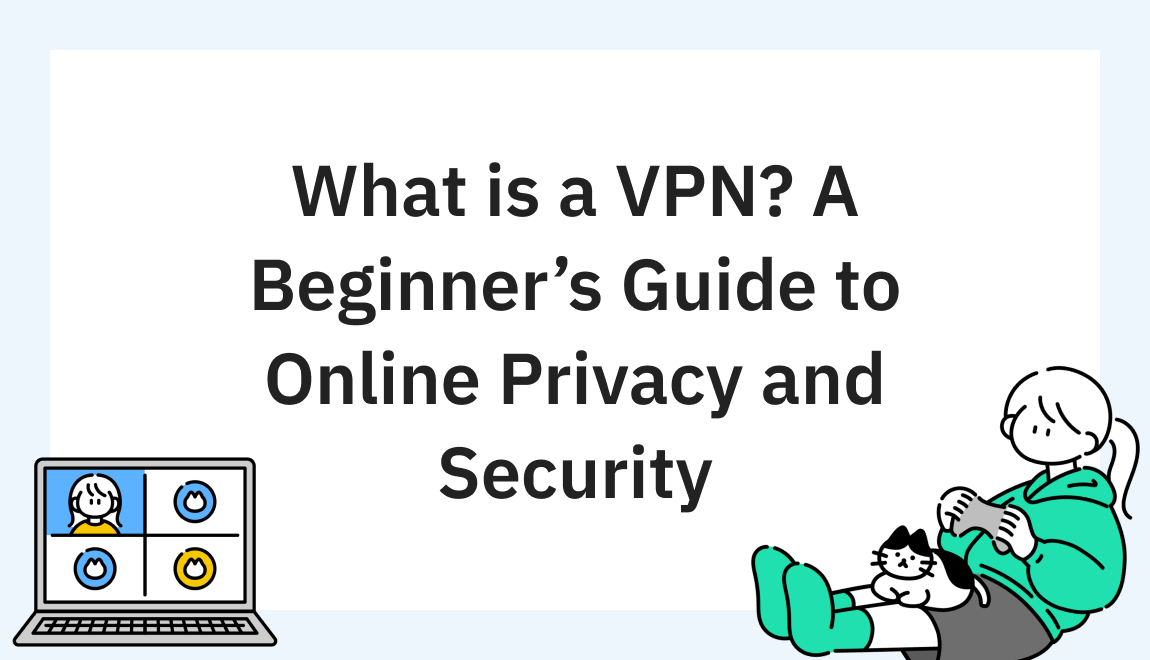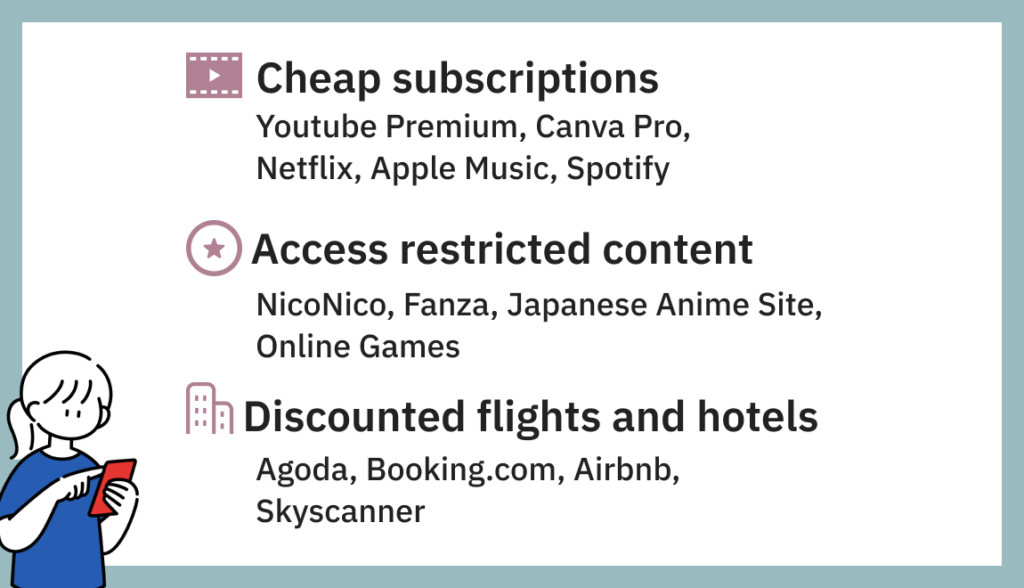If you’ve ever wondered how to stay safe online or access content from around the world, you may have heard of something called a VPN. But what exactly is it, and why is it important in 2025? Let’s break it down in simple terms.
What Does VPN Stand For?
VPN stands for Virtual Private Network. It’s a tool that creates a secure and private connection between your device and the internet.
Think of it as a secure tunnel that hides your internet activity from prying eyes, including hackers, governments, and even your internet provider.
What Does a VPN Do?
A VPN does three main things:
- Encrypts Your Data: It scrambles your data so no one can see what you’re doing online.
- Hides Your IP Address: It makes your location appear as if you’re somewhere else in the world.
- Bypasses Geo-Restrictions: It helps you access websites and apps that are blocked in your region.
Why Do People Use VPNs?
Here are some common (and legitimate) reasons people use VPNs:
| Purpose | Benefit |
|---|---|
| Privacy Protection | Prevents tracking and data harvesting |
| Secure Public Wi-Fi | Protects your info at cafes, airports, etc. |
| Streaming Content | Unlocks Netflix, Disney+, and more from different countries |
| Remote Work | Safely access company networks from anywhere |
| Accessing Home Services Abroad | Use banking, streaming, or apps as if you’re still in your home country |
When Should You Use a VPN?
You don’t need a VPN 24/7, but here are key moments when it’s highly recommended:
- Using public Wi-Fi (hotels, cafes, airports)
- Traveling abroad and accessing home services
- Watching region-locked streaming content
- Downloading or sharing sensitive files
- Avoiding surveillance in certain countries
Are VPNs Legal?
In most countries, yes. VPNs are legal to use for privacy and security.
However, using a VPN to break a service’s terms of use (e.g., watching streaming services not available in your region) may violate those platform rules—though it’s not necessarily illegal.
Always check local laws and terms of service.
Is Using a VPN Safe?
Yes, but only if you choose a trusted provider. Free VPNs often come with:
- Weak encryption
- Data logging
- Ads and trackers
We recommend premium VPNs like:
- NordVPN: Perfect for users looking to balance affordability and performance.
- ExpressVPN: Ideal for users who prioritize blazing-fast internet speeds.
- SurfShark: Great for users who want reliable service on a budget.
Final Thoughts
VPNs are no longer just for tech experts. In today’s digital world, they’re essential tools for protecting your data and accessing a more open internet.
Whether you’re a student, a traveler, or just privacy-conscious, now is a great time to start using a VPN.
Ready to Protect Your Online Life?
Get Started with Surfshark VPN Today and browse safely from anywhere in the world!




Comments